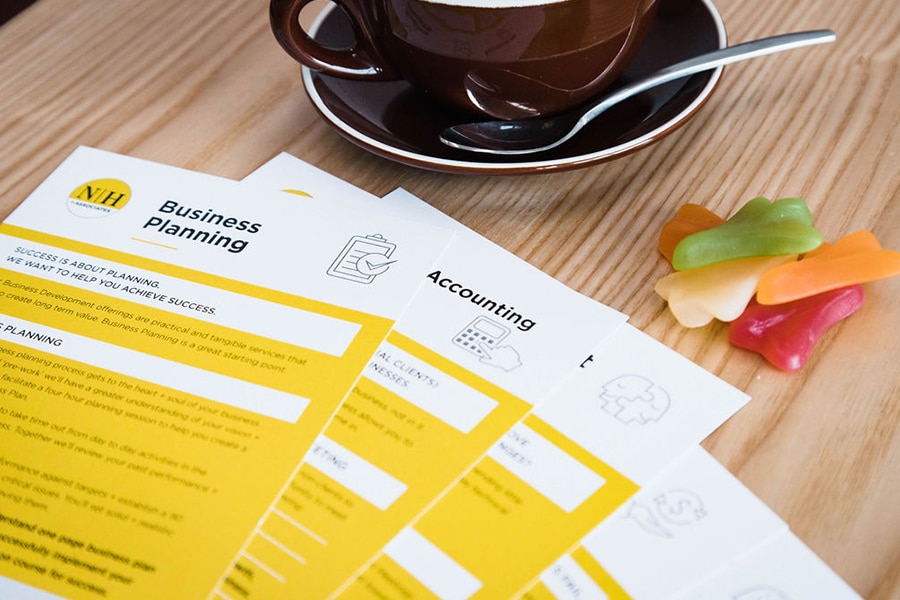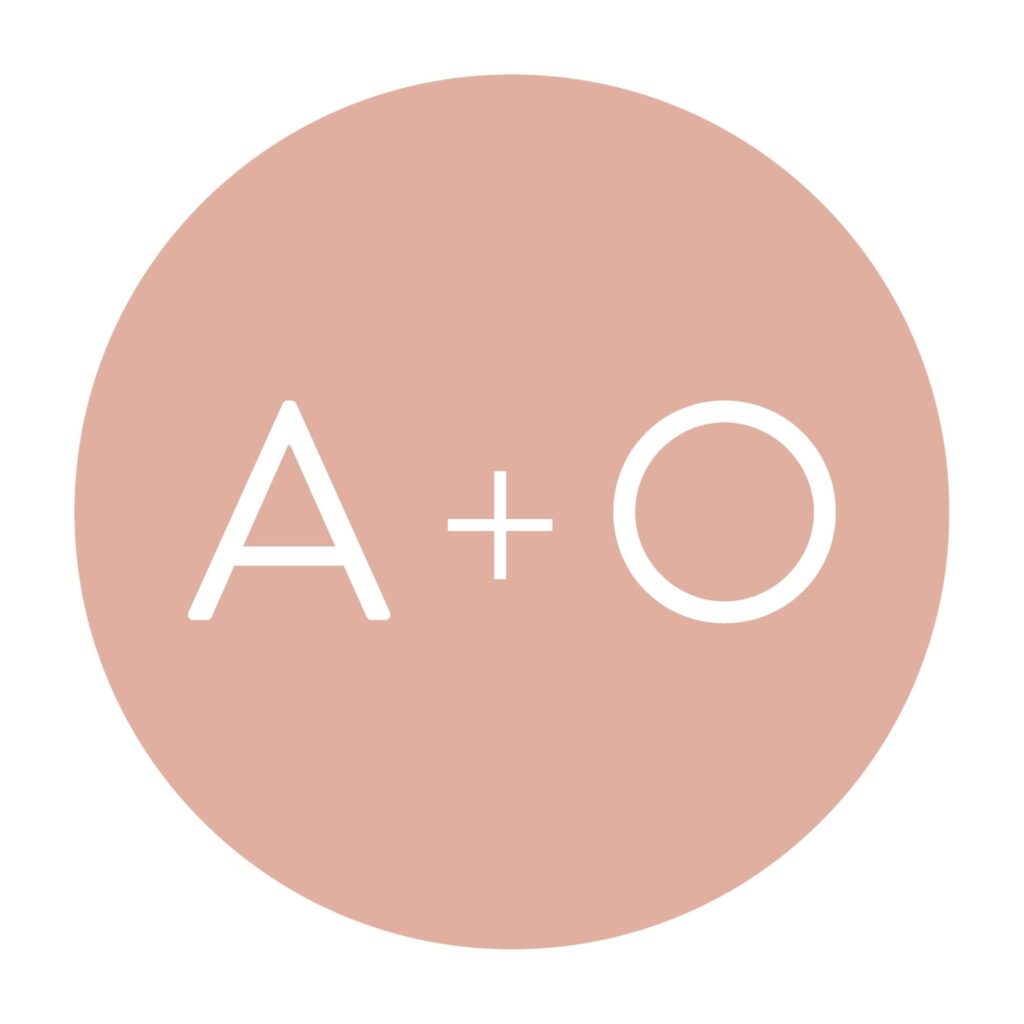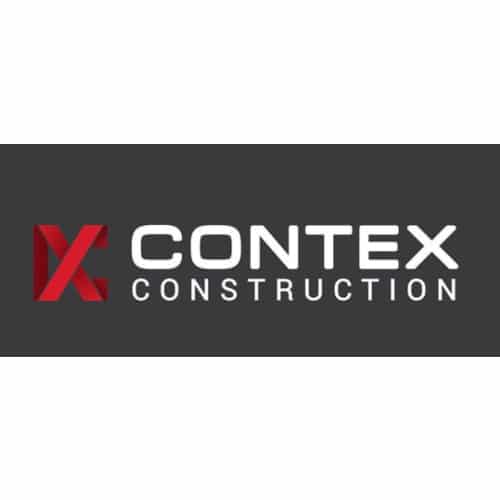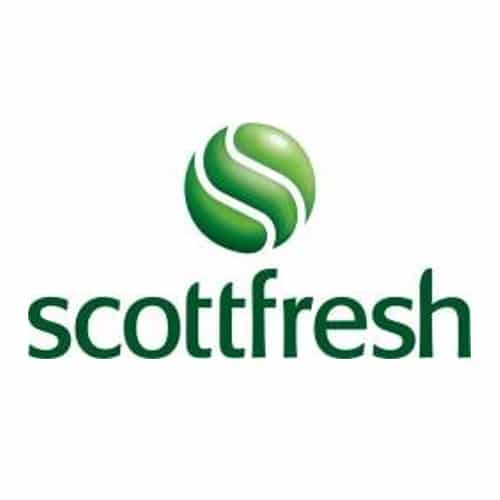So what’s the difference between Drawings and a Salary?
As business owners, we generally pay ourselves last. Common business practice is that business owner take a drawing instead of a salary. The rationale is that the business owner is not certain of their cashflow position, so they pay themselves last and take generally a small amount out of cashflow – as there may not be excessive cashflow to take more.
What this strategy means is the that the business owner is taking drawings in anticipation of a shareholders salary being allocated at year end. Once their accountant has completed the annual accounts and confirms with the net profit is, they may allocate the full amount of the net profit as a shareholders salary. However the downfall of this strategy, amongst other things, is that there potentially has been no tax paid on those drawings throughout the year and the business owner personally may end up with a large tax bill at year end.
Remember also, that you personally are taxed at your personal marginal tax rate – so the more you earn, the more tax you pay. At the time of writing, the highest tax rate personally in New Zealand is 39% for any income over $180,000.
At NH+A, we would recommend another strategy. Even if it is a small salary to begin with to assist with cashflow, that a regular salary is paid to the business owner. This salary will have tax deducted at source in the form of PAYE. This will alleviate any tax pain at year end.
We would also recommend that a cashflow forecast is completed so the business owner as one of the outcomes of the forecast, can assess what they take as a salary from the business and what the business can afford to pay them.
We further recommend to our clients that they complete a Personal Expenses exercise so they know and understands their personal expenses and what they need to cover living expenses – all in the vein of providing more certainty both in business and personally.
Are you paying yourself too little?
Even if your business is about following your passion, you still need to pay yourself fairly, but that figure can be difficult to arrive at. We can help make things clearer and advise on tax implications.
You probably didn’t get into business just to make money, but it is (and should be) part of the equation. Getting your salary right is an important part of a healthy business. Pay yourself too little and your bills will go up as your motivation goes down. Too much, and you might be at risk of breaking the law – many countries have rules around how much business owners in different sectors can take out.
So, how do you decide on your salary?
The aim is to arrive at a figure close to the industry standard for your role and size of organisation.
The first piece of the puzzle is getting a clear understanding of your numbers – your revenue and expenses.
Then, look into your local market to find out what you would pay someone to take over from you. You might start by looking through job ads that match your role, asking other business owners what they pay themselves and comparing those figures with what you’re currently paying your staff.
The legal structure of your business may impact how you pay yourself and you’ll also want to think about the most tax efficient way to withdraw funds.
If you’re in growth mode and you just don’t think your business can afford to pay you market value, you have some options, like creating a written agreement to pay yourself later.
Get expert advice
Whatever figure you land on, we’re here to help. We’d be happy to give you our feedback, along with helping you structure your pay to maximise tax benefits.








